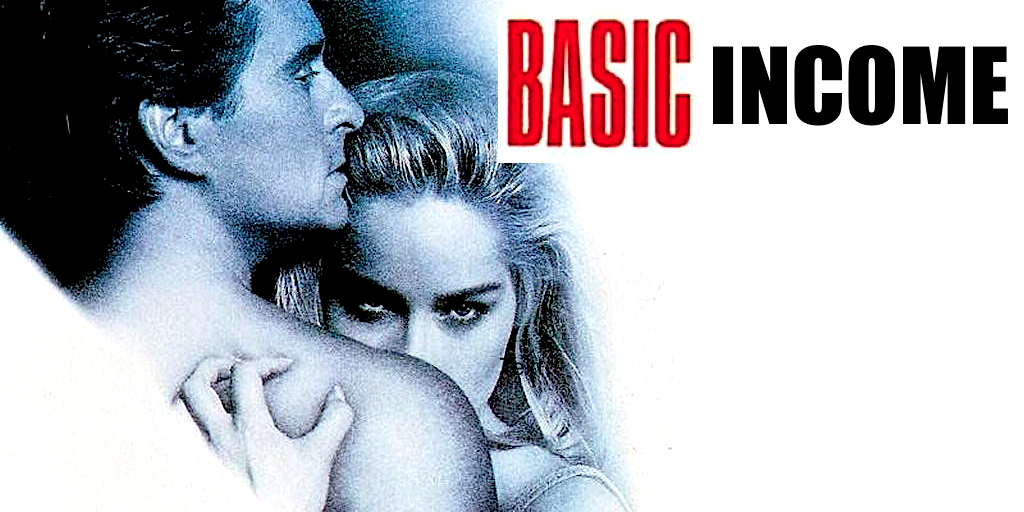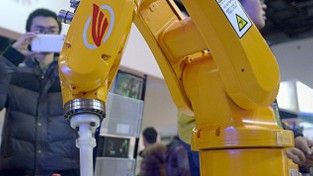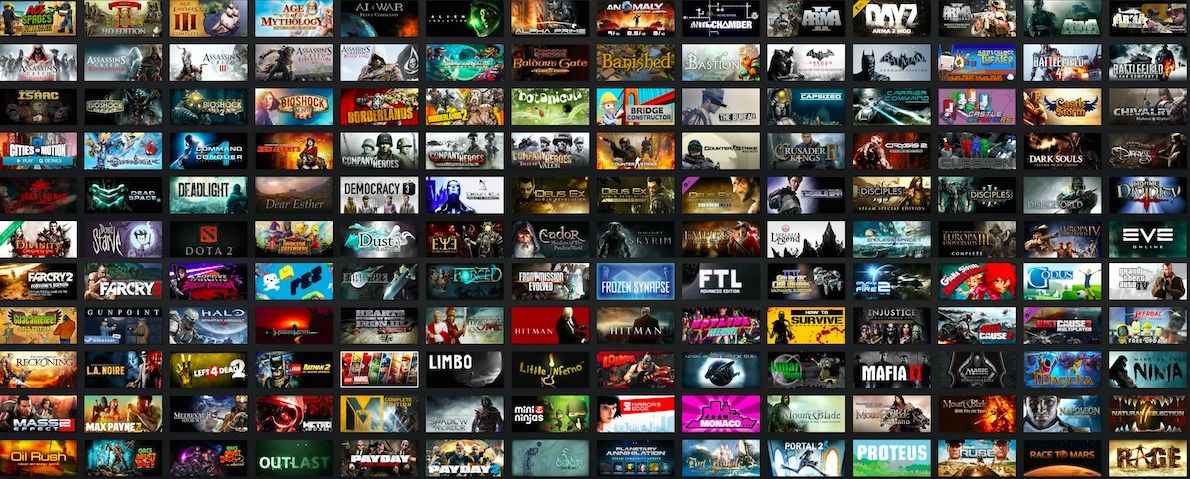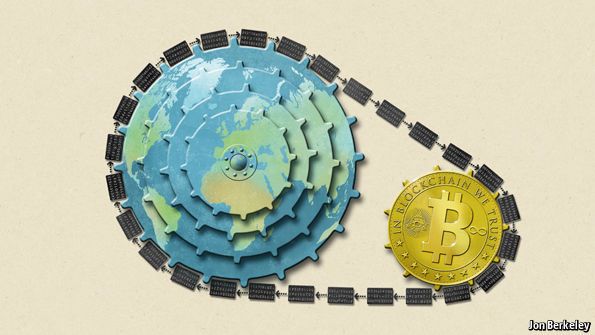Several European countries are moving to adopt universal basic income schemes in the next few years. If any of them come to fruition we could finally get an answer to one of the most exciting questions in economics: whether basic income is the best way to end poverty and the welfare state:
Category: economics
China needs advanced robotics to help balance its economic, social, and technological ambitions with continued growth.
Excited to have a full feature on the BBC homepage on transhumanism and my growing presidential campaign. Transhumanist Party, speech at the World Bank, Immortality Bus, and universal basic income issues discussed:
Not many politicians running for the White House promise to end death. But not many politicians are Zoltan Istvan. Tim Maughan meets a man travelling America in a giant coffin-shaped bus to make his point.
“The subtitle to this post is a variation of William Gibson’s famous remark: “The future is already here — it’s just not very evenly distributed.” An obvious follow up question is: if the future is already here, where can I find it?”
Pack a heavy coat, folks, we’re going to Finland. The Finnish Social Insurance Institution, also known as Kela, has begun work on a proposal that would guarantee a basic income to every citizen of the small Nordic nation. This system of a universal state-facilitated payment delivered to every Finnish person would transform the state’s welfare system and potentially provide a blueprint for other countries looking to build a different kind of economy.


BAE just bought 20% of Reaction Engines. That’s a good indication it’s gonna happen!
BAE Systems, one of the world’s biggest aeronautics and defence firms, just made a significant investment in Reaction Engines.
This piece is dedicated to Stefan Stern, who picked up on – and ran with – a remark I made at this year’s Brain Bar Budapest, concerning the need for a ‘value-added’ account of being ‘human’ in a world in which there are many drivers towards replacing human labour with ever smarter technologies.
In what follows, I assume that ‘human’ can no longer be taken for granted as something that adds value to being-in-the-world. The value needs to be earned, it can’t be just inherited. For example, according to animal rights activists, ‘value-added’ claims to brand ‘humanity’ amount to an unjustified privileging of the human life-form, whereas artificial intelligence enthusiasts argue that computers will soon exceed humans at the (‘rational’) tasks that we have historically invoked to create distance from animals. I shall be more concerned with the latter threat, as it comes from a more recognizable form of ‘economistic’ logic.
Economics makes an interesting but subtle distinction between ‘price’ and ‘cost’. Price is what you pay upfront through mutual agreement to the person selling you something. In contrast, cost consists in the resources that you forfeit by virtue of possessing the thing. Of course, the cost of something includes its price, but typically much more – and much of it experienced only once you’ve come into possession. Thus, we say ‘hidden cost’ but not ‘hidden price’. The difference between price and cost is perhaps most vivid when considering large life-defining purchases, such as a house or a car. In these cases, any hidden costs are presumably offset by ‘benefits’, the things that you originally wanted — or at least approve after the fact — that follow from possession.
Now, think about the difference between saying, ‘Humanity comes at a price’ and ‘Humanity comes at a cost’. The first phrase suggests what you need to pay your master to acquire freedom, while the second suggests what you need to suffer as you exercise your freedom. The first position has you standing outside the category of ‘human’ but wishing to get in – say, as a prospective resident of a gated community. The second position already identifies you as ‘human’ but perhaps without having fully realized what you had bargained for. The philosophical movement of Existentialism was launched in the mid-20th century by playing with the irony implied in the idea of ‘human emancipation’ – the ease with which the Hell we wish to leave (and hence pay the price) morphs into the Hell we agree to enter (and hence suffer the cost). Thus, our humanity reduces to the leap out of the frying pan of slavery and into the fire of freedom.
In the 21st century, the difference between the price and cost of humanity is being reinvented in a new key, mainly in response to developments – real and anticipated – in artificial intelligence. Today ‘humanity’ is increasingly a boutique item, a ‘value-added’ to products and services which would be otherwise rendered, if not by actual machines then by humans trying to match machine-based performance standards. Here optimists see ‘efficiency gains’ and pessimists ‘alienated labour’. In either case, ‘humanity comes at a price’ refers to the relative scarcity of what in the past would have been called ‘craftsmanship’. As for ‘humanity comes at a cost’, this alludes to the difficulty of continuing to maintain the relevant markers of the ‘human’, given both changes to humans themselves and improvements in the mechanical reproduction of those changes.
Two prospects are in the offing for the value-added of being human: either (1) to be human is to be the original with which no copy can ever be confused, or (2) to be human is to be the fugitive who is always already planning its escape as other beings catch up. In a religious vein, we might speak of these two prospects as constituting an ‘apophatic anthropology’, that is, a sense of the ‘human’ the biggest threat to which is that it might be nailed down. This image was originally invoked in medieval Abrahamic theology to characterize the unbounded nature of divine being: God as the namer who cannot be named.
But in a more secular vein, we can envisage on the horizon two legal regimes, which would allow for the routine demonstration of the ‘value added’ of being human. In the case of (1), the definition of ‘human’ might come to be reduced to intellectual property-style priority disputes, whereby value accrues simply by virtue of showing that one is the originator of something of already proven value. In the case of (2), the ‘human’ might come to define a competitive field in which people routinely try to do something that exceeds the performance standards of non-human entities – and added value attaches to that achievement.
Either – or some combination – of these legal regimes might work to the satisfaction of those fated to live under them. However, what is long gone is any idea that there is an intrinsic ‘value-added’ to being human. Whatever added value there is, it will need to be fought for tooth and nail.








